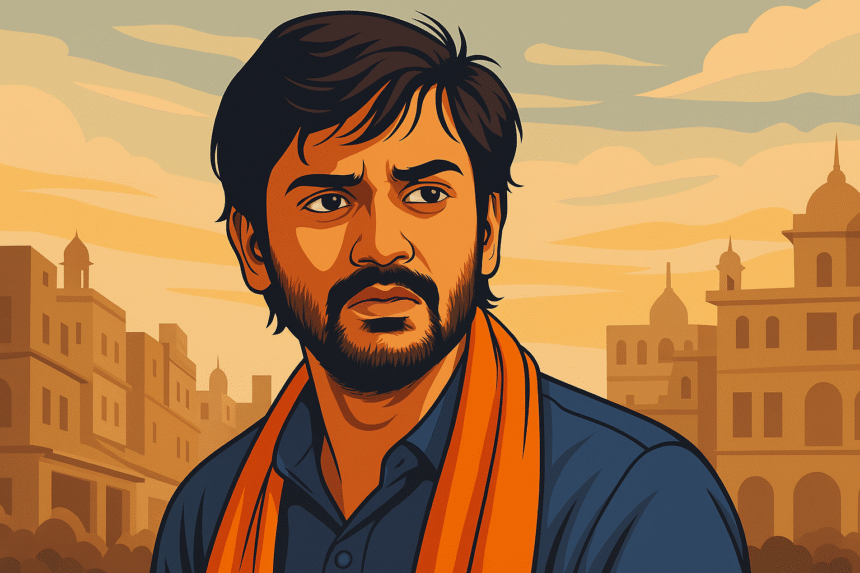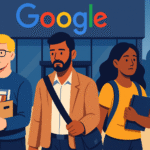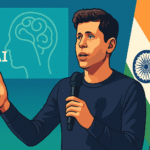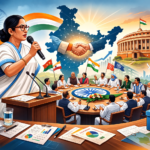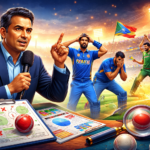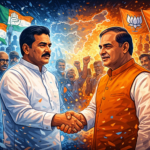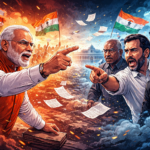Who ever thought a new ending could unsettle a film’s legacy? But that’s exactly what the AI‑altered Raanjhanaa controversy has done. The beloved 2013 romantic drama, which introduced Bollywood audiences to Dhanush, has been given a new lease of life—or so they thought.
- 🎥 The Original Ending That Moved Hearts
- 🤖 The AI‑Altered Climax: A Shock to the System
- 🗣 Dhanush Speaks: “Completely Disturbed”
- 🎬 Director Aanand L. Rai: “Betrayal of the Story”
- ⚖️ The Real Story Here: Creators vs. Algorithms
- 🎯 Why It Matters: Art, Emotion and Consent
- 🧾 Quick Recap
- 🧠 Final Thoughts: Where Do We Go from Here?
However, this time it’s not about love. It’s about artistic integrity.
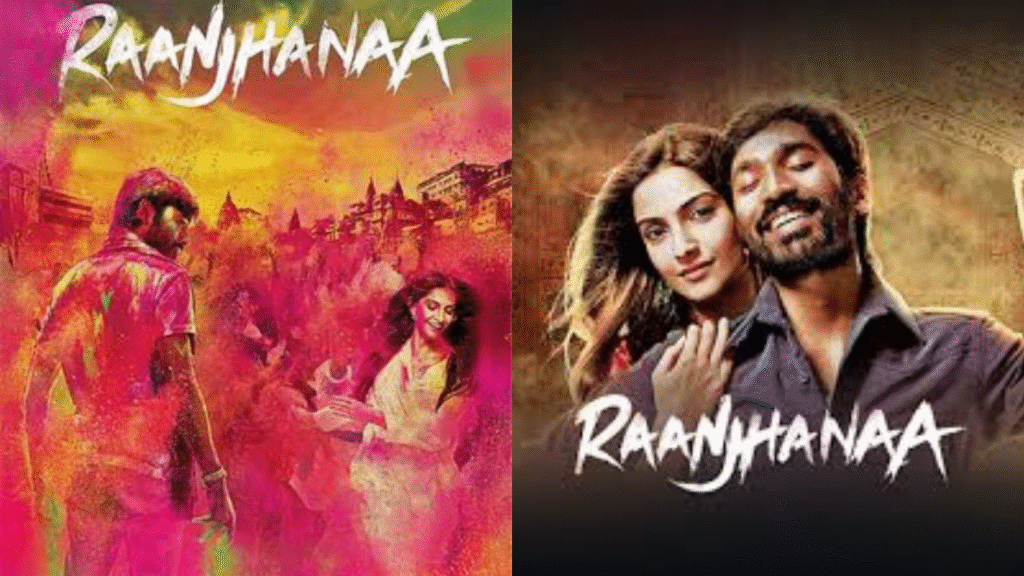
🎥 The Original Ending That Moved Hearts
In the original Raanjhanaa, Dhanush’s character Kundan makes a haunting sacrifice. His love for Zoya ends tragically, sealing the emotional core of the film. That climax remains one of Indian cinema’s most memorable farewells.
Fans have wept over it. Critics praised it. The tragedy felt true, unforced, irrevocable.
🤖 The AI‑Altered Climax: A Shock to the System
Then came August 1, 2025. Raanjhanaa was rereleased in Tamil as Ambikapathy. But the ending had changed.
Thanks to AI, Kundan survives. He opens his eyes, smiles, walks through Banaras with childhood memories. Friends and family beam. Flashbacks flutter in. The tearful tragedy turned into tear‑jerking relief.
Some called it a “healing reboot.” Others called it an outrage.
🗣 Dhanush Speaks: “Completely Disturbed”
Dhanush, now a superstar, had no kind words. He took to social media and said he was completely disturbed. He had made his position crystal clear—he objected. Yet, the altered ending went ahead.
He wrote: “This is not the film I committed to 12 years ago.” He added that the AI shift “stripped the film of its very soul.” A strong statement from an actor known for deep respect toward his craft.
🎬 Director Aanand L. Rai: “Betrayal of the Story”
Meanwhile, director Aanand L. Rai called it a betrayal. He said this version was unauthorized and deeply upsetting. According to him, Raanjhanaa was shaped by human hearts and minds—not by algorithms repackaging visions.
He described the re-release as a “reckless takeover,” a cinematic coup committed without consent. The emotional integrity of Banaras’s story had been hijacked by pixels.
⚖️ The Real Story Here: Creators vs. Algorithms
This is where the bigger issue lies—AI’s place in storytelling.
- Creators speak: Dhanush and Rai both emphasised that their objections were overruled.
- Industry alarm: Many filmmakers, critics, writers, and fans see this as a dangerous precedent.
- Civilization at a crossroads: Are filmmakers mere suppliers to new AI models? Or are they guardians of original stories?
AI-altered Raanjhanaa has ignited both headlines and heated debate over where the line should be drawn.
🎯 Why It Matters: Art, Emotion and Consent
Think about it: film is art. It’s meant to capture a moment. A mood. A memory. A conclusion. In a tragedy like Raanjhanaa, that ending sealed the themes. It asked the audience to accept loss as part of love.
A “happy ending” reimagines the core. It turns sacrifice into safety nets. It pulls the emotional rug from under the story.
Most importantly, it erases the creators’ final stamp.
🧾 Quick Recap
- Original Ending: Kundan dies. Tragic, haunting, emotional.
- AI‑Altered Ending: Kundan lives. Smiles, memory tours, forced peace.
- Dhanush’s Response: “Completely disturbed… not the film I committed to.”
- Aanand L. Rai’s Take: A betrayal and unauthorized change.
- Industry Concern: Is this the beginning of AI overriding intent?
🧠 Final Thoughts: Where Do We Go from Here?
AI-altered Raanjhanaa isn’t just film news. It’s art-world water cooler talk. It’s a red flag for the entire creative community.
Sure—AI can help filmmakers. It can restore decayed footage. It can help with dubbing or visual effects.
But changing the ending? That raises questions.
- Who owns a story once its creative journey ends?
- What if we start animatedly editing classics?
- Should re‑leases always need all parties to say ‘yes’?
Maybe Raanjhanaa controversy will push for guidelines. Maybe it will spark conversations about AI ethics. Or maybe it’s a milestone on a slippery slope.
Either way, this time, the movie we committed to isn’t the movie we got.





